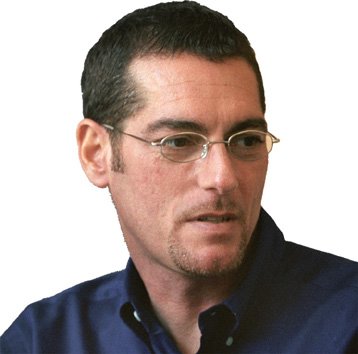מתוך אלטנוילנד
{הצהרת המשימה של המדינה היהודית}
אנחנו לא שואלים את האדם לאיזה גזע או לאיזו דת הוא שייך. אצלנו הפוליטיקה היא לא מקצוע ולא עסק. המשרות בשכר מאוישות אך ורק על בסיס הכישורים המקצועיים של המועמדים. כל אנשי החברה החדשה, גברים ונשים, חייבים להקדיש שנתיים מחייהם לשירות הציבור. בני החברה שלנו זכאים ללימודים חינם בכל שלב במסלול ההשכלה, כולל אוניברסיטה. בחברה החדשה שלנו אין צבא. היום אפשר לנסוע ברכבת לדמשק, לירושלים ולבגדד. העיתונים השיתופים בדרך כלל די מהימנים. מתחת לרחובות שלנו ישנו חלל ריק שמיועד לקלוט כבלים וצינורות גז, מים וביוב . . . ולא צריך להרוס את המרצפות בכל פעם שרוצים להתקין דבר חדש. הזר חייב להרגיש אצלנו טוב. לצד הכביש, נסלל שביל לרוכבי אופניים. יש לנו כמה חברות חשמל. חייבים לשמור על מה שעשה אותנו לאומה גדולה: חופש המחשבה והביטוי, הסובלנות ואהבת האדם. העובדים הם ההון האנושי של הארץ וכוחה. תעלת הימים שמחברת את הים התיכון עם ים המלח. ארמון השלום הוא המרכז של המאמצים הבינלאומיים להקל על סבלם של האומללים בכל העולם. בית המקדש הוקם מחדש כי הגיע הזמן לכך. עניינים שבאמונה הוצאו אחת ולתמיד מתחום העיסוק הציבורי. אנחנו משקיעים כאן הרבה בבריאות הציבור. רואים בספורט ענף חשוב להתפתחות הנוער - לא פחות מלימודים. אנחנו מעניקים לכל דור חדש להתחיל מההתחלה. בחברה החדשה צריכים קודם כל להבין, ורק אחר כך להחליט. אבל אם לא תרצו, כל מה שסיפרתי לכם הוא אגדה - וישאר אגדה. ם
אלטנוילנד/תיאודור הרצל/בבל (כיס) תרמיל, משרד הביטחון/2002
ISBN 965-05-1180-6
מתוך הספר 'דרכו של לוחם האסטרטגיה', מאת רמי הסמן
פרק 12, איך מגבשים חזון - מענה אסטרטגי לשאלת הלאן
טרום עריכה, חשיפה ראשונית







